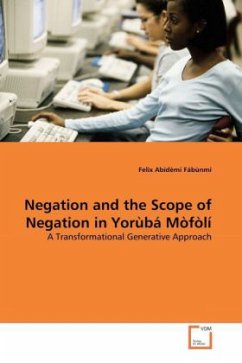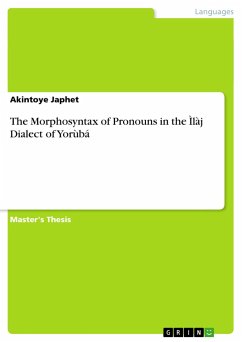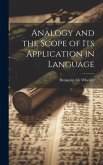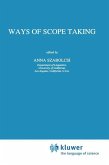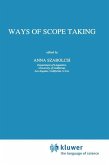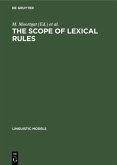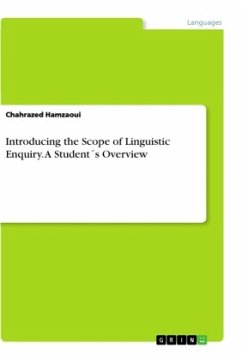Language scholars have been calling on other linguists working on the Yorùbá language to pay greater attention on the different dialects of the language. None of the linguists that have heeded this call finds it expedient to study the Yorùbá dialects whose speakers reside outside Nigeria. This book therefore intends to bring Mòfòlí, one of the Yorùbá dialects spoken outside Nigeria, into a linguistic limelight. The dialect has potentials of helping to clarify issues that are likely otherwise remain obscure in the standard variety of the language. A case in point is Negation and the Scope of Negation in Yorùbá Mòfòlí. There are some specific and general features of differentiations which set off the Mòfòlí negative markers from that of the other Yorùbá dialects. Negation is contextualized in the dialect, and it is both syntactic and lexical. Neg in Yorùbá Mòfòlí heads an independent projection and it is generated in Tense. Yorùbá Mòfòlí obligatorily retains the consonant of the negator; in other words, there are no stranded vowels to be assimilated to the preceding NPs. The tone of the preceding NP does not determine the form of the negator in the dialect.
Bitte wählen Sie Ihr Anliegen aus.
Rechnungen
Retourenschein anfordern
Bestellstatus
Storno

